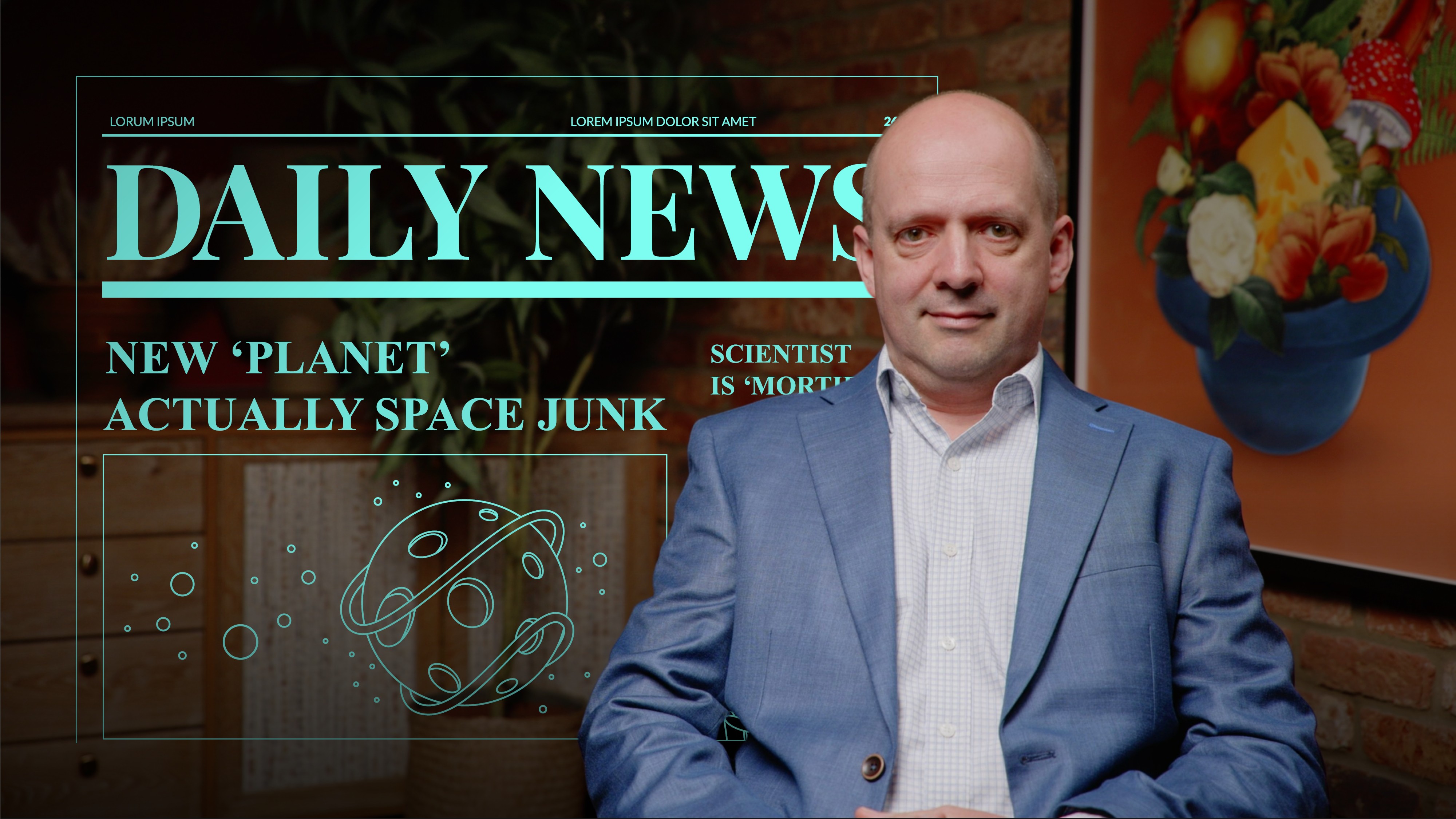
Why Scientists and Finance Professionals Disagree on Climate Risk

Kris De Meyer
16 years: Neuroscientist
How do you understand risk? More importantly, do others understand risk in the same way as you? Join Kris De Meyer as he uncovers different perceptions of risk and how they affect views on climate change.
How do you understand risk? More importantly, do others understand risk in the same way as you? Join Kris De Meyer as he uncovers different perceptions of risk and how they affect views on climate change.
Subscribe to watch
Access this and all of the content on our platform by signing up for a 7-day free trial.

Why Scientists and Finance Professionals Disagree on Climate Risk
9 mins 43 secs
Key learning objectives:
Understand how climate scientists understand risk
Understand how finance professionals understand risk
Outline where scientists and finance professionals land on perceptions of climate risk
Overview:
In climate and environmental science, risk is understood as the threat of bad things happening. In the world of economics and finance, risk is traditionally understood as a probability measure over a range of outcomes, multiplied by gains and losses associated with these different outcomes. For scientists, climate risk is unquantifiable which leads them to be conservative in their risk estimates. Financial professionals believe risk is quantifiable which leads them to focus on worst case scenarios. This gap in understanding leads to each field understanding the risks of climate change differently.
Subscribe to watch
Access this and all of the content on our platform by signing up for a 7-day free trial.
Subscribe to watch
Access this and all of the content on our platform by signing up for a 7-day free trial.

Kris De Meyer
There are no available Videos from "Kris De Meyer"



























